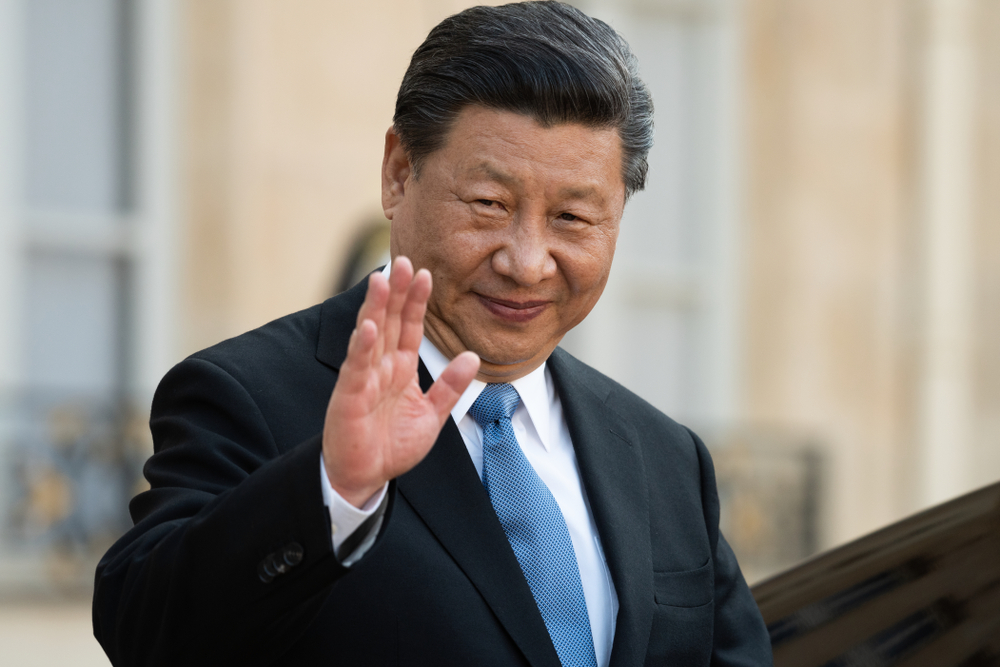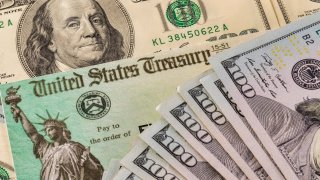Why a U.S. Recession in 2024 Could Still Happen
Given their poor forecasting track record, the economic profession could benefit from a dose of humility.
Wall Street traders are fond of saying that the consensus economic view is seldom proved correct. Today’s stronger-than-expected GDP numbers and inflation’s welcome deceleration offer yet another example of where the consensus view has proved wrong. They also give reason to think that the current economic consensus that we will avoid a meaningful recession this year could prove wide of the mark.
The past few years have not been good for economists. In 2020, almost all economists failed to anticipate the deepest U.S. economic recession in the postwar period. They failed to anticipate this even when it was known China had a serious COVID-19 problem. In 2022, most economists failed to anticipate inflation’s surge to a multi-decade high of 9 percent. They bought into the notion that inflation was but a transitory phenomenon caused by supply-side disruptions rather than by an excessively loose monetary and budget policy stance. Never mind that the government was engaged in the largest peacetime budget stimulus on record, and the Fed was allowing the broad money supply to balloon 40 percent between the beginning of 2020 and the end of 2021.
Now, we know that last year’s consensus economic view also proved to be wrong. At the start of the year, the economic consensus was that a recession was all but a certainty and that inflation would not come down without a recession. Instead, we found that the economy grew at a steady pace and that inflation came down sharply and close to the Federal Reserve’s 2 percent inflation target in a growing economy.
The consensus’ consistent failure to forecast the economy’s trajectory accurately underlines how difficult it is to predict something as complex as our economy. It also gives reason to take the current consensus view that we will have slow economic growth this year but not a recession with a grain of salt—especially since the economy is confronted with major geopolitical and economic downside risks at home and abroad.
It would be an understatement to say that we face unprecedented geopolitical risks. The Russia-Ukraine War is the largest European land war since 1945. The Israel-Hamas War risks spreading to the rest of the Middle East. The Houthis are holding the vital Red Sea passageway to the Suez Canal hostage. The Chinese are expressing their displeasure about the recent Taiwanese presidential election with military exercises. That raises the prospect of souring already-strained US-Chinese relations and increasing tensions in the South China Sea.
As if this were not sufficient reason for concern, we appear to be on the cusp of a slow-motion trainwreck in our $20 trillion commercial real estate market. In the aftermath of COVID, employers have realized that they do not need or want their employees to work from the office every day of the work week. Similarly, shoppers have increasingly gravitated to online shopping. As a result, office vacancy rates have gone through the roof, and commercial property prices are plunging.
In an environment of high-interest rates and falling property prices, it is difficult to see how property developers will be able to roll over the $500 billion in maturing property loans this year without a major restructuring. That could cause another and more vicious round of the regional bank crisis. Such a crisis would deal a body blow to the all-important small- and medium-sized corporate sector. This sector accounts for around 40 percent of GDP and is highly dependent on regional banks for credit.
All of this would be bad enough in a buoyant world economy. Unfortunately, this is not the case. China’s economy is slowing markedly due to its housing and credit market bubble bursting. Meanwhile, the German economy is already in recession, while countries in the Eurozone’s periphery are saddled with more debt today than at the time of the 2010 Eurozone sovereign debt crisis.

Given their poor forecasting track record, the economic profession could benefit from a dose of humility. Given today’s high degree of political and economic uncertainty, rather than providing point economic forecasts, economists might serve us better by providing us with alternative economic scenarios that identify the risks with which the economy is confronted.
About the Author: Desmond Lachman
American Enterprise Institute senior fellow Desmond Lachman was a deputy director in the International Monetary Fund’s Policy Development and Review Department and the chief emerging-market economic strategist at Salomon Smith Barney.
Images: Shutterstock.

